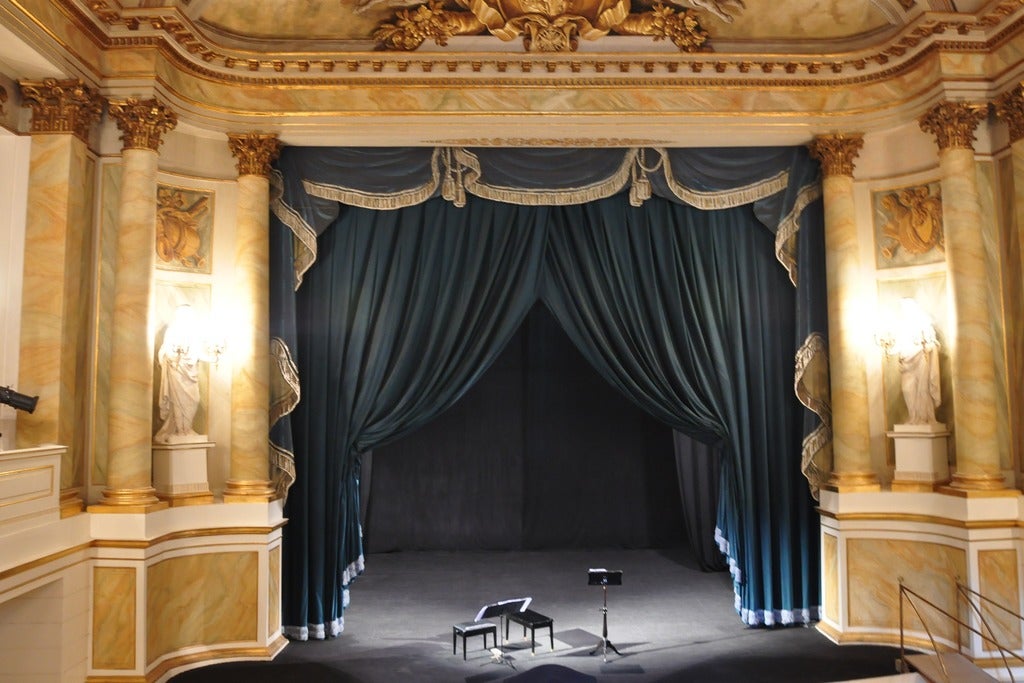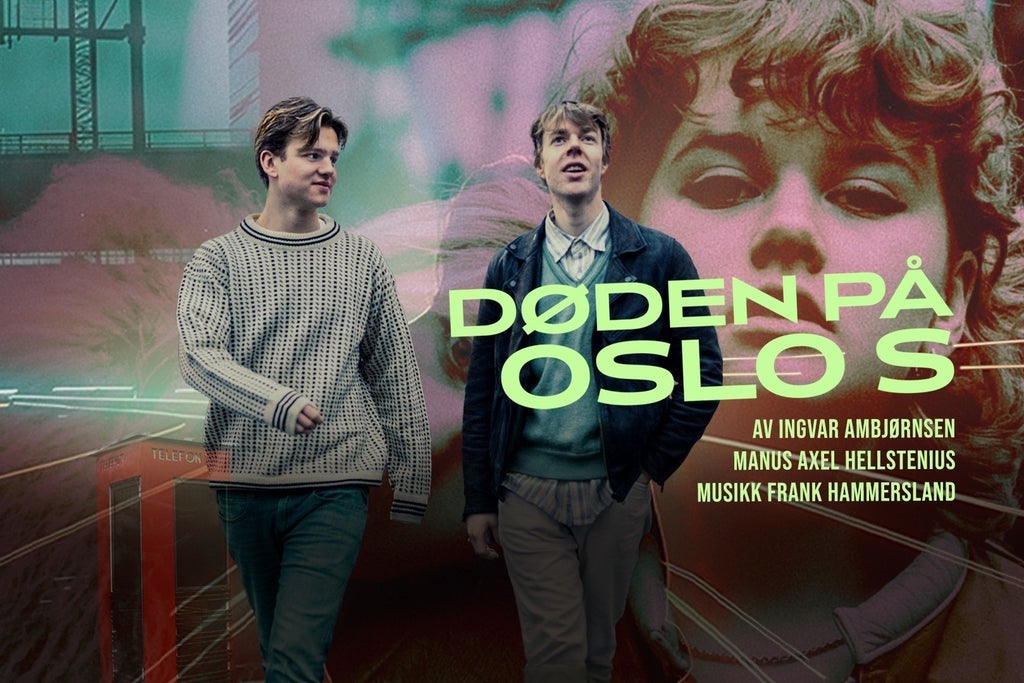«Who are you?» That is the question Peer Gynt asks the Bøyg, the Mountain King and the Sphinx, receiving only the answer, «Myself». But who is that, and who is Peer Gynt? What does it mean to be Norwegian in 2014, 200 years after we gained our first written constitution? What or where is the core, the seed? Is there one at all?
Few works have so embodied what it means to be Norwegian as Ibsen's Peer Gynt. Not only is it a key work in the Norwegian literary canon, it is also one of Ibsen's most frequently performed plays on the international theatrical scene. Grieg's setting of Ibsen's text is still Norway's best known dramatic music. But what does this legacy mean for us today?
Estonian composer Jüri Reinvere explores this question in a completely new Peer Gynt. This is not an operatic version of Ibsen's dramatic verse play, but a new interpretation, with Reinvere providing both the music and libretto. In his Peer Gynt, Ibsen's characters have different encounters and travel to new places. The famous verse play meets elements from other Ibsen pieces – as well as lines from the Edda and Shakespeare's Hamlet.
This work is a commentary on the position of the Peer Gynt phenomenon as a national and international Norwegian symbol. It is the story of the search for an identity that constantly escapes us. Our past and our memories, on the other hand, we carry with us whether we want to or not. The story of the evasive Peer Gynt shows that we have to face them in order to better understand ourselves. With Reinvere's work, staged by young Norwegian director Sigrid Strøm Reibo, we confront the Peer Gynt legacy in Norway today.
Cast and Creative team for Peer Gynt at Den Norske Opera & Ballett
Conductor : John Helmer Fiore
Direction : Sigrid Strøm Reibo
Set design and costumes : Katrin Nottrodt
Choreography : Oleg Glushkov
Lighting design : Rainer Casper
Cast : The Children’s Chorus, The Opera Chorus, The Opera Orchestra
Peer Gynt
Nils Harald Sødal
Unge Solveig
Marita Sølberg
Mor Åse/Gamle Solveig
Ingebjørg Kosmo
Ingrid/Den grønnkledde/Anitra
Kari Ulfsnes Kleiven
Videos

|
The Sound of Music
Moster Amfi (8/6 - 8/16) | |

|
Konsert med Halva Priset, Carina Dahl
Blykjelleren (6/28 - 6/28) | |
|
|
Pil og Bue + Special Guest : Taiga Woods
Martins Pub (4/25 - 4/25) | |
|
|
Mesterverkkonsert - Frédéric Chopin recital
Kampen Kirke (3/16 - 3/16) | |
|
|
Brett Young
Sentrum Scene (10/23 - 10/23) | |

|
Blue/Orange | Premiere
Oslo Nye Centralteatret (4/9 - 4/9) | |

|
Døden på Oslo S
Egal Teater, Oslo (1/16 - 6/11) | |
| VIEW SHOWS ADD A SHOW | ||
Recommended For You



